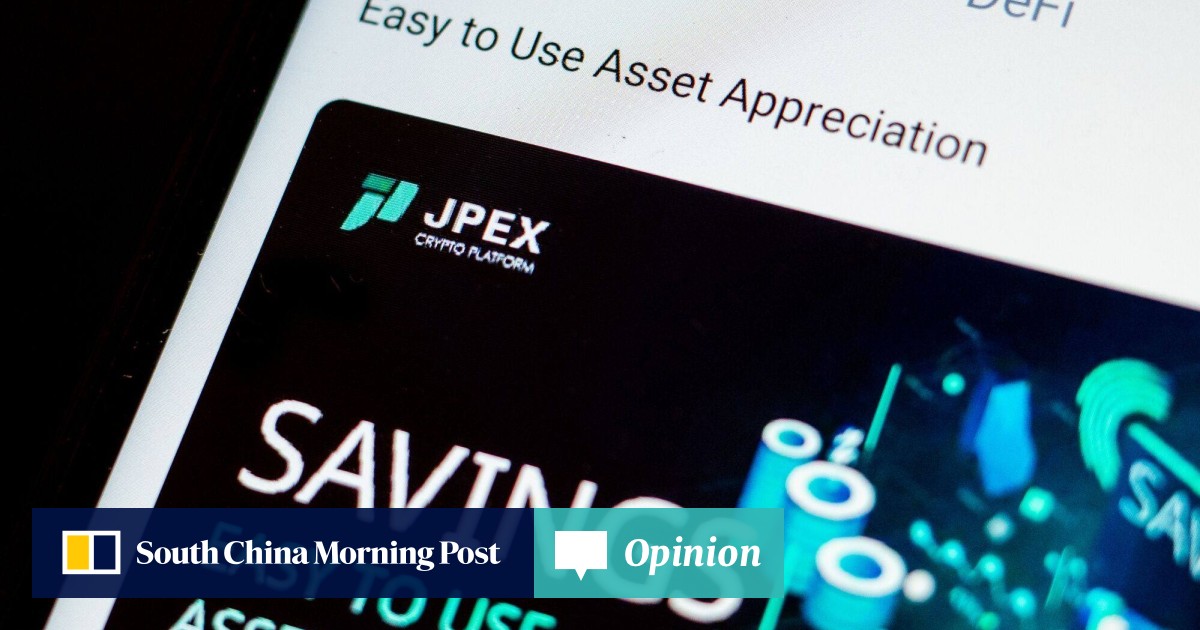
Hong Kong has long been striving to establish itself as a global hub for digital assets. The government has made significant efforts to create a conducive ecosystem for cryptocurrencies, with the goal of remaining financially competitive on the international stage. However, a recent scandal involving the cryptocurrency exchange JPEX has raised doubts about the city’s aspirations.
In mid-September, JPEX introduced exorbitantly high withdrawal fees, effectively preventing users from accessing their funds. This move has left thousands of individuals in a financial quandary, with an estimated fallout of over HK$1 billion (US$127 million). The incident has triggered a police investigation and has greatly impacted the public’s perception of cryptocurrencies.
The repercussions of the JPEX scandal have cast a somber shadow over Hong Kong’s cryptocurrency aspirations. The incident has the potential to fuel public skepticism towards any Web3 initiatives by the government. Some institutional investors have even questioned the need for Web3 in Hong Kong, suggesting that the city’s existing horse racing industry is sufficient for gamblers.
However, there may be a silver lining to this scandal. It has exposed regulatory challenges and highlighted the need to enhance the safety net for retail investors. It also reinforces the importance of Hong Kong’s licensing regime for virtual asset trading platforms. By addressing these challenges, Hong Kong can potentially provide a safer environment for retail investors and regain their trust.
While the current volatility, security risks, and technological barriers in the cryptocurrency market may hinder significant growth in retail investment, institutional adoption of digital assets and blockchain technology is gaining momentum. Institutional players see the potential of cryptocurrencies as more than just speculative investments but as transformative financial infrastructure for the future.
The Hong Kong government is actively promoting the tokenization of real-world assets. The Securities and Futures Commission (SFC) is providing detailed guidance on the tokenization of authorized investment products, and the Hong Kong Monetary Authority is expanding its pilot project for the first global tokenized green bond. Mainstream companies like Grab, the Southeast Asian “super app,” are also adopting blockchain technology for real-world applications, such as facilitating Singapore dollar stablecoin payments.
The mass adoption of digital assets may still be a steep road ahead, but the progress made by institutional forces in bridging the gap between traditional finance and cryptocurrency finance is noteworthy. Cryptocurrency infrastructure companies are developing advanced custody and wallet solutions that prioritize stability, security, and customizability. These solutions aim to reduce counterparty risk, increase transparency, and give users greater control over their funds.
The JPEX scandal poses a significant challenge to Hong Kong’s cryptocurrency ambitions. However, it also signifies a maturing industry that is moving beyond mere speculation. The growing institutional adoption of digital assets promises a more stable and transformative digital economy for Hong Kong and Asia as a whole. Despite setbacks, significant progress is being made in areas such as stablecoins, payments, and tokenization of real-world assets.






